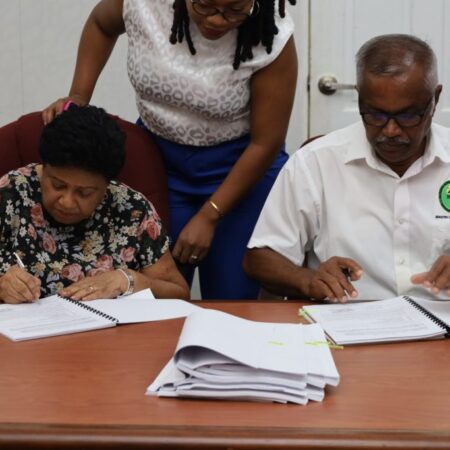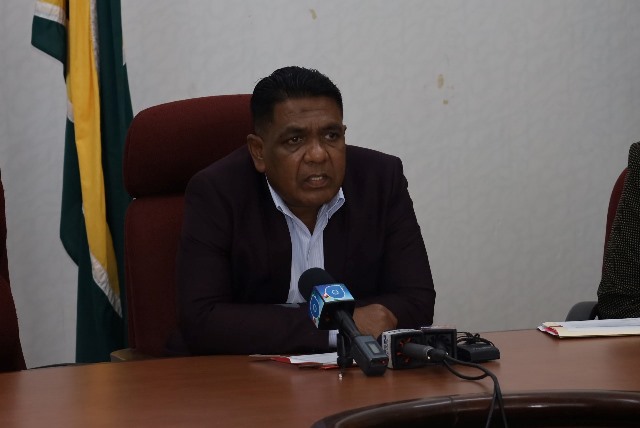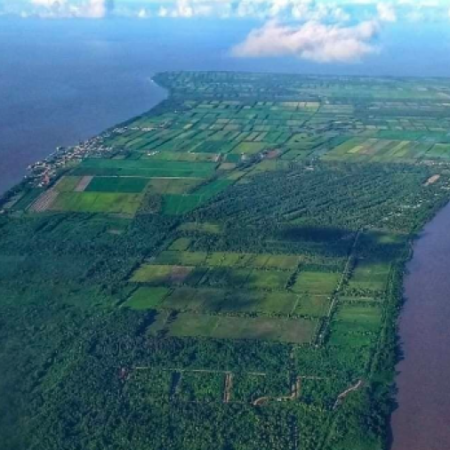
Amid worry over pesticide residue in rice, Agriculture Minister Zulfikar Mustapha says the product is monitored by food seevral bodies locally to ensure safety standards are met.
The concerns over the safety of exported rice were raised after an analysis by the European Union (EU) was conducted in 2020. Among the findings was that several foods, including brown rice, have traces of pesticide residue.
The EU is currently Guyana’s largest export market for rice with a 48 per cent rate recorded in 2021.
For the year thus far, the rate has already exceeded last year at 52 per cent. Portugal is one of the main destinations of Guyana’s rice for EU countries, bringing in US$32.3 million.
Since the EU’s report, farmers have raised concerns about the quality of fertilizer being supplied locally.
The Agriculture Minister was contacted by the News Room on Tuesday; during the telephone interview he said that the rice exported from Guyana is monitored by several bodies to ensure it is safe for consumption.
“Our rice does not have pesticides, we don’t do that,” the Agriculture Minister said.
He further ensured, “we take a lot of caution in ensuring that the pesticide and toxic chemicals control work closely with the GRDB [Guyana Rice Development Board].”
According to the EU, in 2020, analyses samples randomly collected from 12 food products, including brown rice, were found with pesticide residue. As a response to this finding, the GRDB last month held a conference on “Pesticide residue in rice’, when Plant Pathologist, Dr. Rajendra Persaud said the EU has been clamping down with legislation on safety limits of agrochemicals (pesticides) in rice and other imported food products.
As such the GRDB said it is conducting a study of paddy bugs to reduce their impact on rice cultivation here. Dr. Persaud explained that the study is being done on the paddy bug because it is the most important rice pest. Rice farmers utilise insecticide to control pests.
But with the use of insecticide, pesticide residue or the trace of pesticide compound remains on the crop, water, soil, and air. This can pose serious constrain to a person’s health and the environment.
As such the EU have taken steps to put regulations in place to limit the use of pesticide.
However, the GRDB has said a National Monitoring and Surveillance Strategy was established here. It is also evaluating new insecticides.
Additionally, it must be noted that samples of rice were sent to the CABI Center of Agriculture and Bioscience International in the United Kingdom for a detailed analysis. The report from that analysis found the samples were discoloured as a result of several fungal and bacterial microorganisms.
However, the samples were taken from “illegal” varieties of rice being cultivated in Regions Two, Three, and Five.
Source: https://newsroom.gy/2022/08/16/rice-exported-from-guyana-free-of-pesticides-agri-minister-asserts-amid-eu-concerns/




